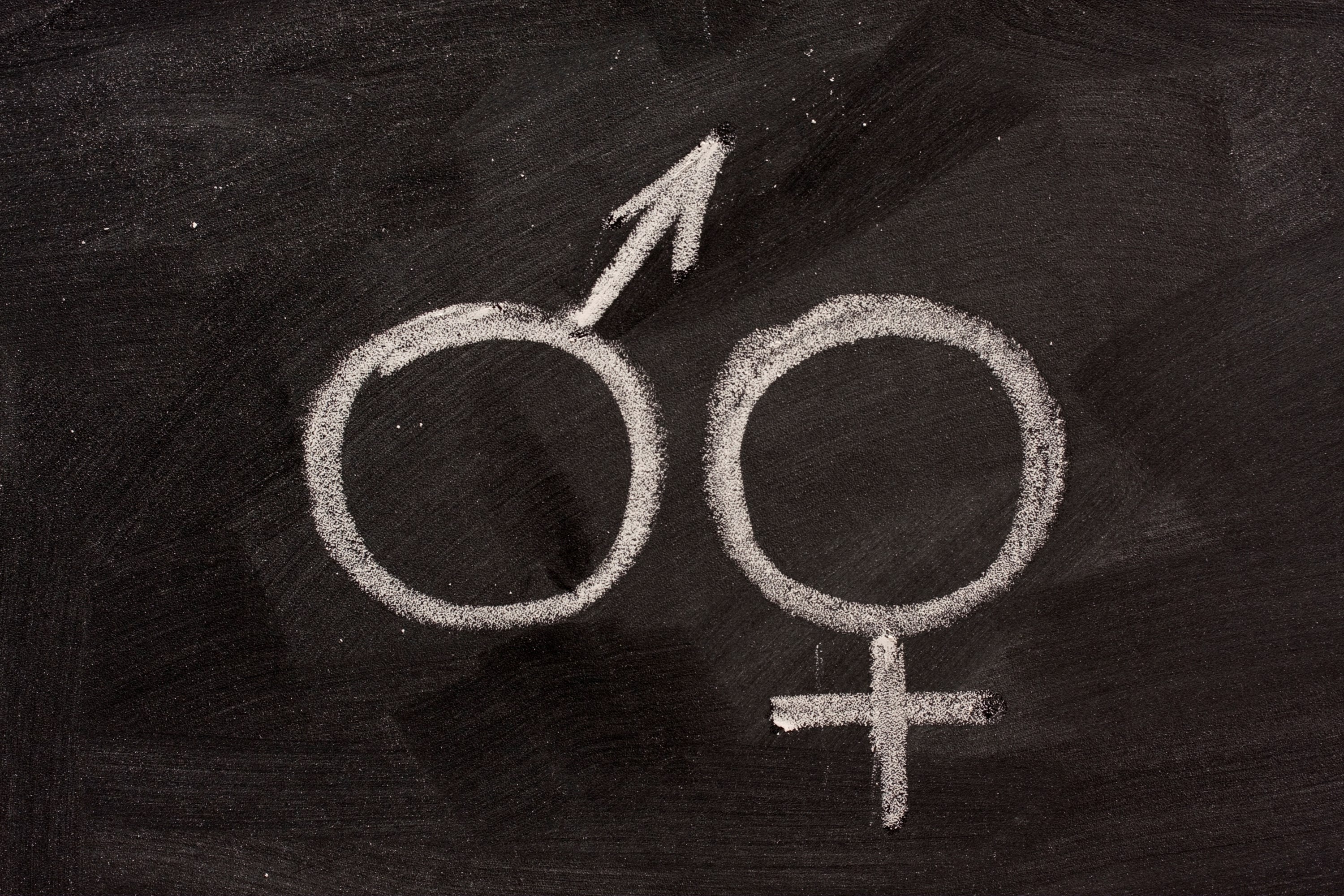Gender & The Microbiome
Scientific understanding of the human microbiome, and the impact that it has on our health, is growing all the time, but two 2013 studies by Markle et al.1 and Flak et al.2 applied a different ‘slant’ to the growing body of research by looking at the differences in microflora caused solely by host sex. This new area of study has been dubbed the ‘microgenderome’, and highlights the differences in microbiome according to sex, and therefore exposure to the different male or female sex hormones.
Using an animal model, Markle et al. were able to show evidence of the following findings:
• Sex specific microbial communities,
• Sex specific responses to the same microbial communities,
• The impact of sexual maturation and changing hormones on microbial communities and
• The ability of gut microbes to positively influence hormonal and immune pathways.

The study highlighted the need for further investigations in to the role of sex and the different male and female sex hormones on the composition of our microbiome. With more research it is hoped that scientists will be able to shed some light on conditions such as ME/CFS which have a clear ‘sex bias’, with a 2:1 female:male prevalence ratio.
This condition has several over-lapping features, including dysfunction of the immune system, central nervous system and inflammatory pathways. Intestinal dysbiosis and increased intestinal permeability also often feature in a patient’s profile, so it is possible that studies in to the ‘microgenderome’ could bring us closer to understanding this confusing, multi-factorial condition.
More research still needed
Currently the precise mechanisms of sex interactions with the microbiome can only be hypothesised, however it is known that specific bacterial taxa (Firmicutes, Actinobacteria and Proteobacteria) metabolise and consequently modulate homeostasis of sex steroid hormones through the activation of certain enzyme pathways. Particular species within the genera Clostridium, Bacteroides and Eubacterium are known to produce enzymes which break down bile acids enabling humans and animals to absorb cholesterol which is the building block of all steroid hormones.
The relationship between our microflora and hormones appears to be bi-directional. In populations with intestinal dysbiosis, the consequence of changes to hormone levels may help explain symptom development and variability in ME/CFS. In reverse, hormonal imbalances may also perpetuate intestinal dysbiosis.
The study of the ‘microgenderome’ is still in its infancy, but its applications for the future look promising. To get closer to understanding why males are more likely to suffer with conditions such as Coronary Artery Disease and stroke, whereas women are 20-40%3 more likely to suffer a mental disorder and three times as likely4 to develop an autoimmune condition than men, would be a huge breakthrough in medical science.
I’m not personally convinced that the term ‘microgenderome’5 will catch on (and socially speaking the use of the word 'gender' in this term is actually incorrect, and should be replaced by 'sex', which relates solely to whether a person is biologically male or female), but I do hope that the science behind it does. If you’d like to read about another area of microbiology research with a slightly crazy-sounding name, read my earlier blog post on ‘Psychobiotics’ (the link between our gut bacteria and our emotions) here!
References
- M.B. Flak, J.F. Neves & R.S. Blumberg. Welcome to the microgenderome. Science 339, 1044–1045 (2013).
- J.G.M. Markle et al. Sex differences in the gut microbiome drive hormone-dependent regulation of autoimmunity. Science 339, 1084–1088 (2013).
- http://www.theguardian.com/society/2013/may/22/women-men-mental-illness-study
- http://www.aarda.org/autoimmune-information/autoimmune-disease-in-women/
- Support for the Microgenderome: Associations in a Human Clinical Population. Amy Wallis, Henry Butt, Michelle Ball, Donald P. Lewis & Dorothy Bruck. Scientific Reports 6, Article number: 19171 (2016)
Popular Articles
View all General Health articles-
General Health03 Nov 2023
-
General Health06 Nov 2023
-
General Health16 Mar 2023


